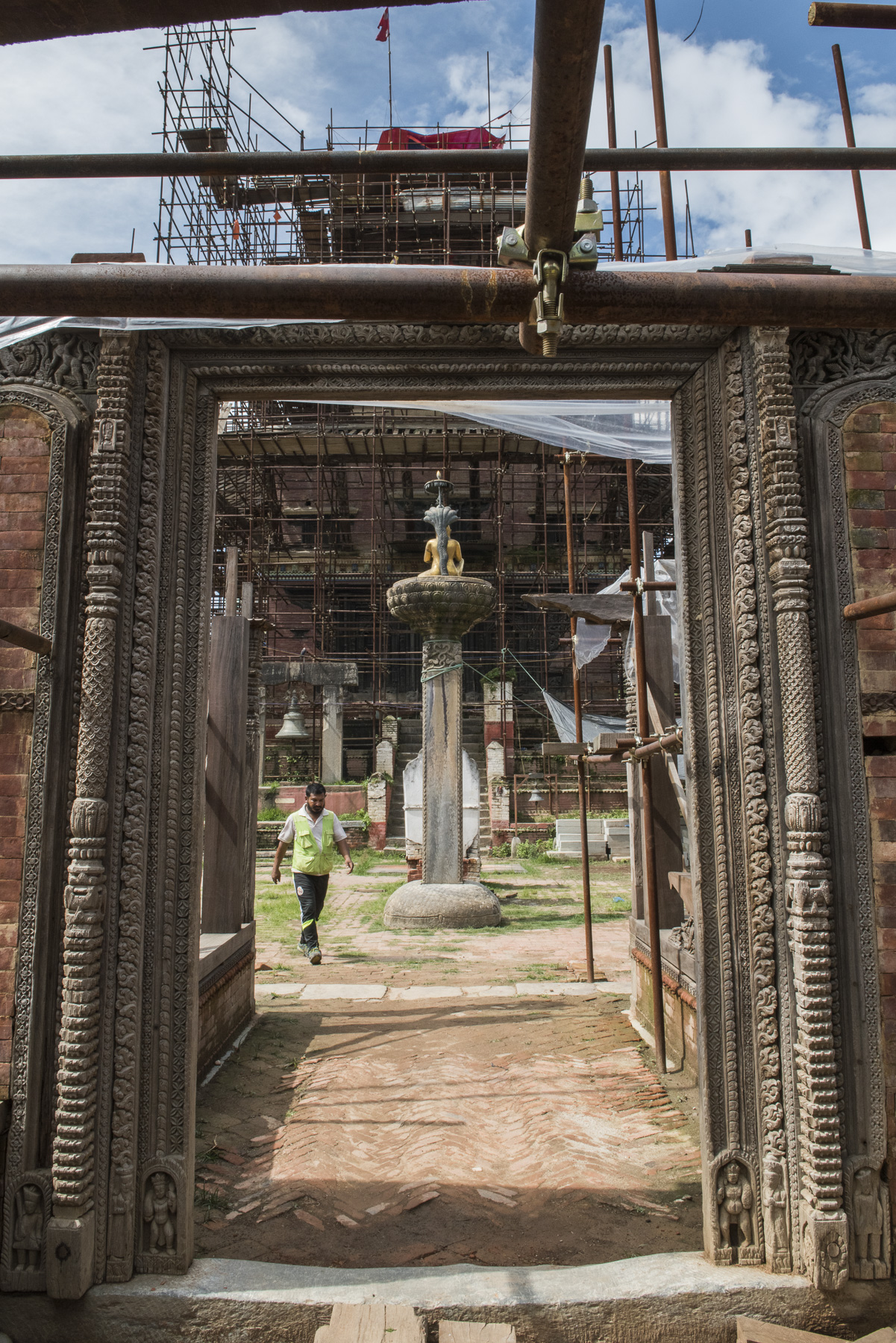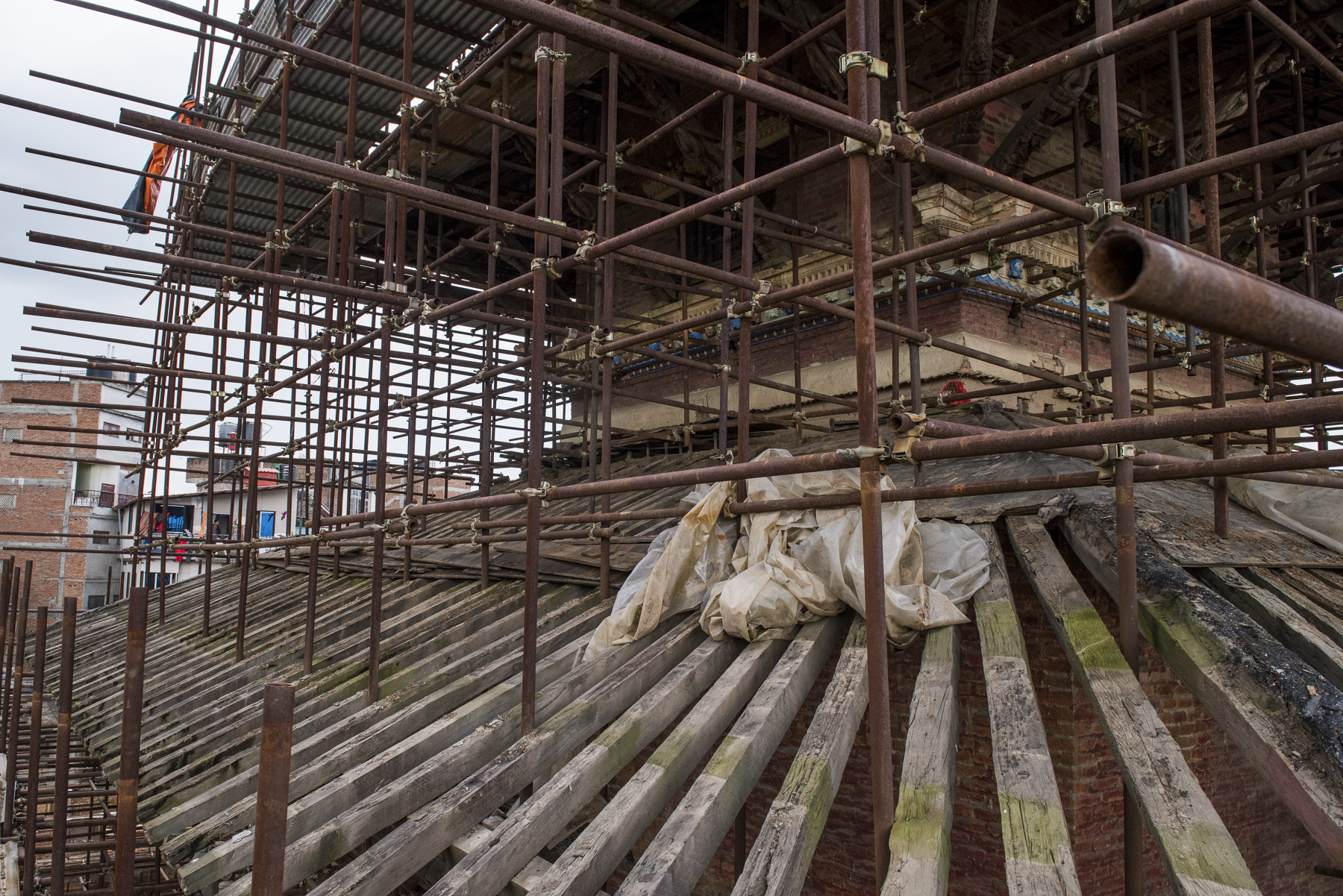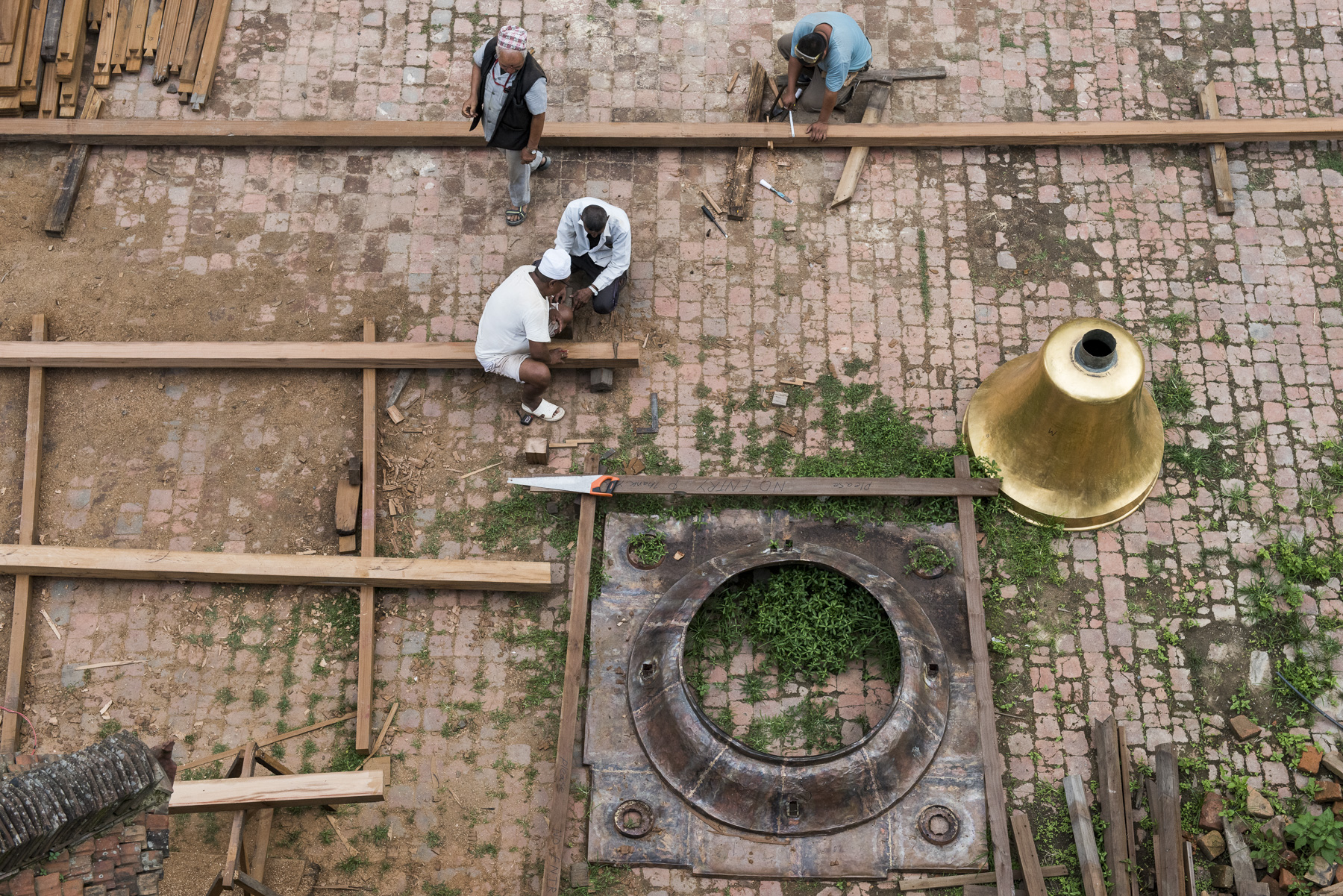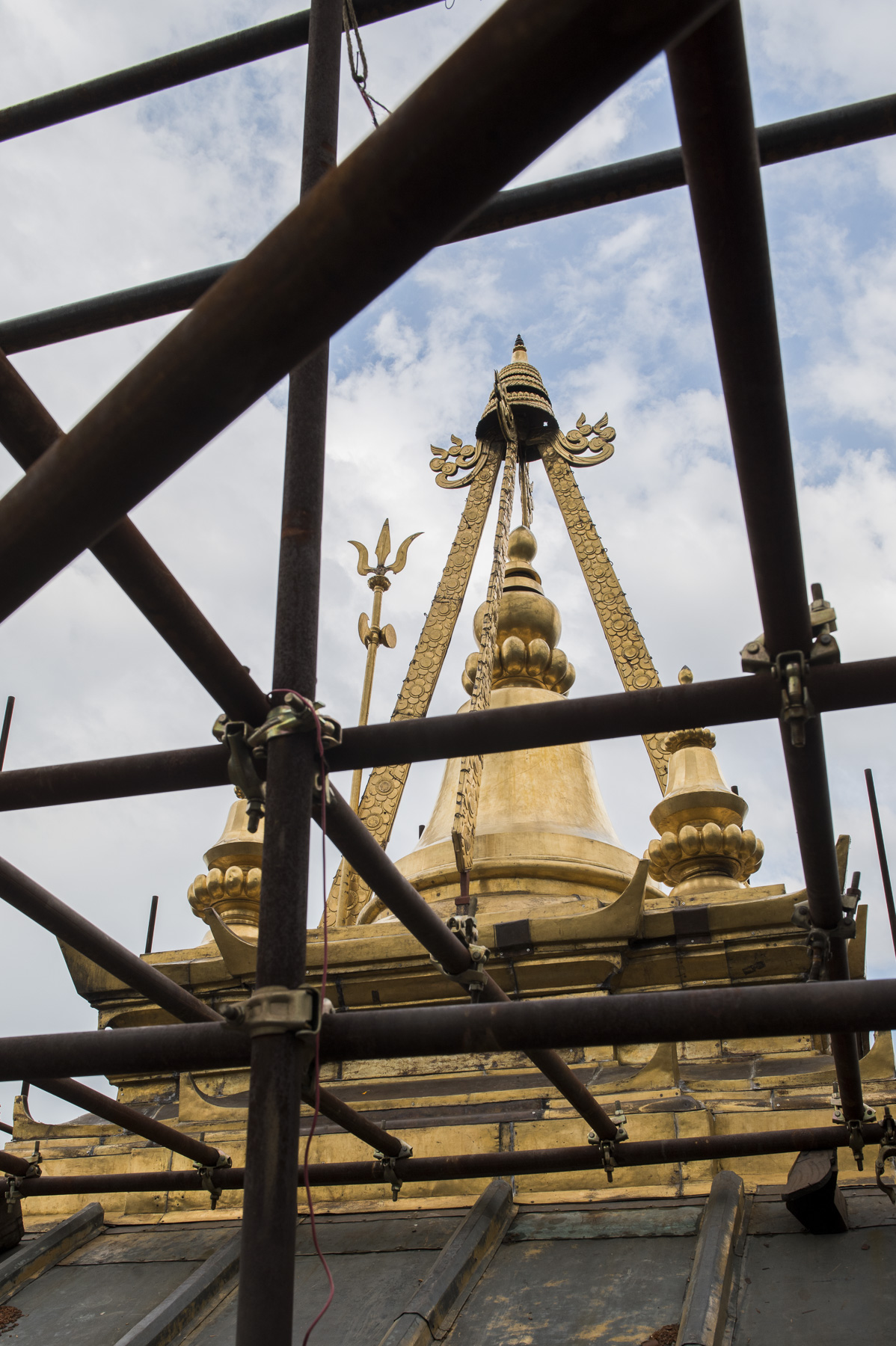Lochan Rijal’s vision for this initiative is to create a vibrant space where ethnic Nepali artists from across the country can come together to teach and share their knowledge of indigenous music. At the same time, the project aims to preserve at least one significant heritage site—Tripurasundari Temple—by repurposing it as a functional public institution.
An accomplished musician and educator, Rijal currently serves as the chair of the Department of Music at Kathmandu University. Under his leadership, the university has taken on the ambitious task of disseminating, revitalizing, and institutionalizing Nepali indigenous music. The envisioned center would serve as a hub for instructors, students, and music enthusiasts alike—a place where people can learn, engage, and immerse themselves in traditional sounds.
Rijal emphasizes the importance of conserving both tangible and intangible heritage. He believes that preserving historic religious or cultural sites must involve active participation from stakeholders and institutions. “Gone are the days when people built temples and looked after them purely out of devotion,” he says. “To safeguard heritage sites today, public institutions must take responsibility. This is part of KU’s broader vision. We want to start a movement—one where our traditional heritage is protected by institutions that are equipped to care for it.”
This initiative reflects not only a commitment to cultural preservation but also a forward-thinking approach to education, community engagement, and sustainable heritage conservation.

















